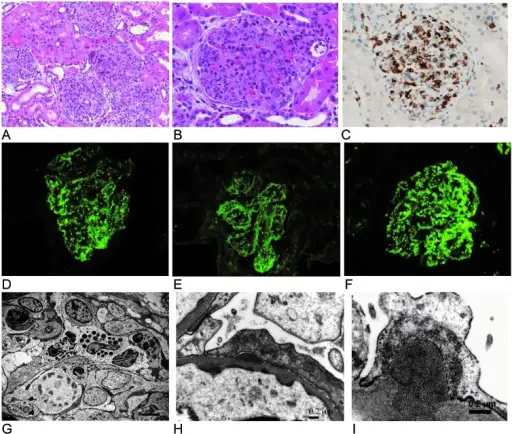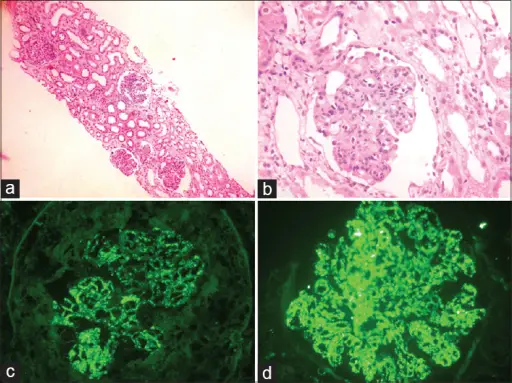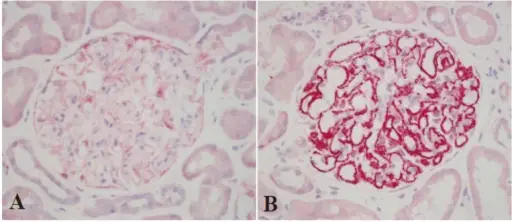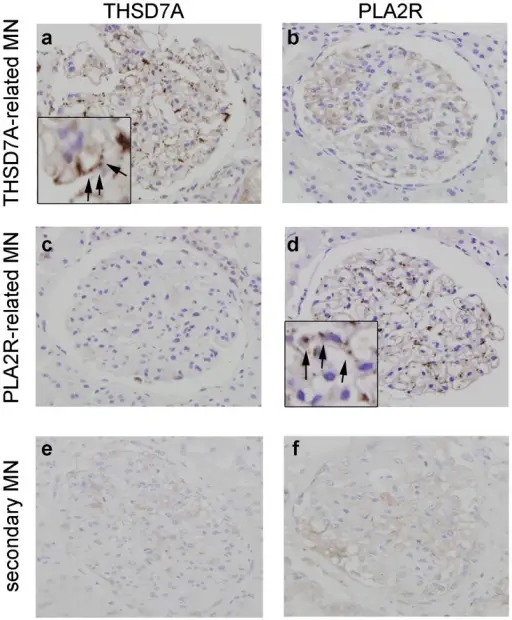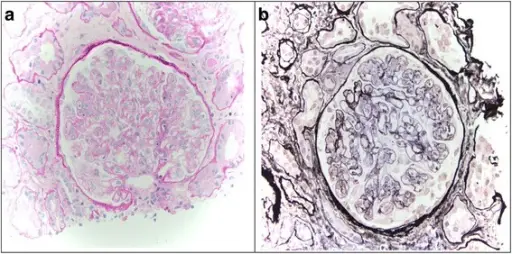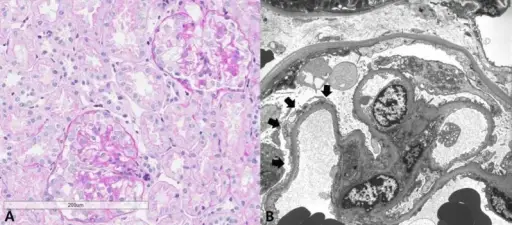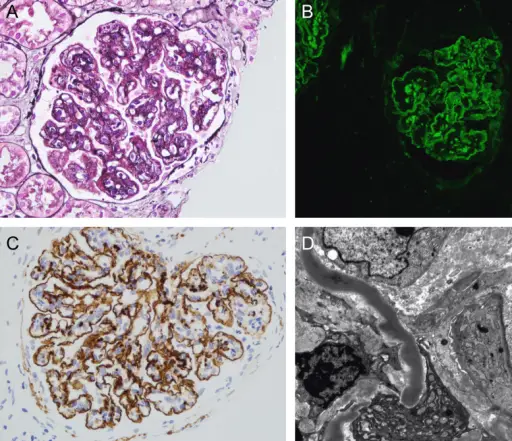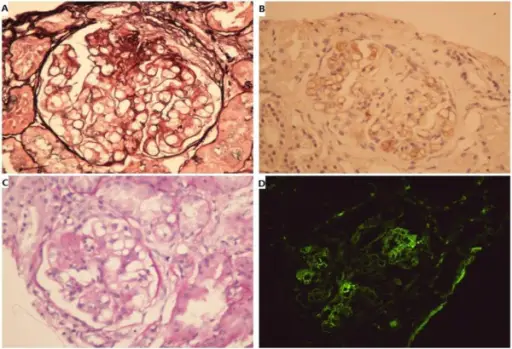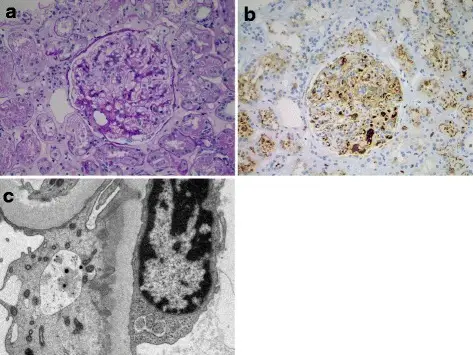What is Acute Proliferative Glomerulonephritis?
Acute proliferative glomerulonephritis is a disease of the glomeruli that is caused by bacterial infection. What is the Pathology of Acute Proliferative Glomerulonephritis? The pathology of acute proliferative glomerulonephritis is the scientific study of the disease of the glomeruli caused…

